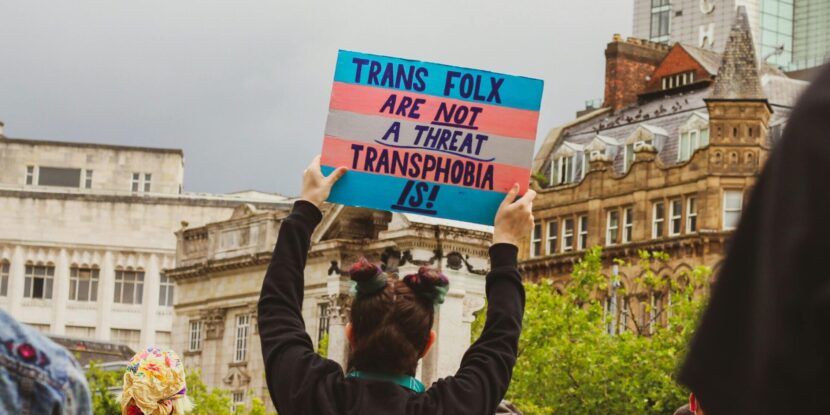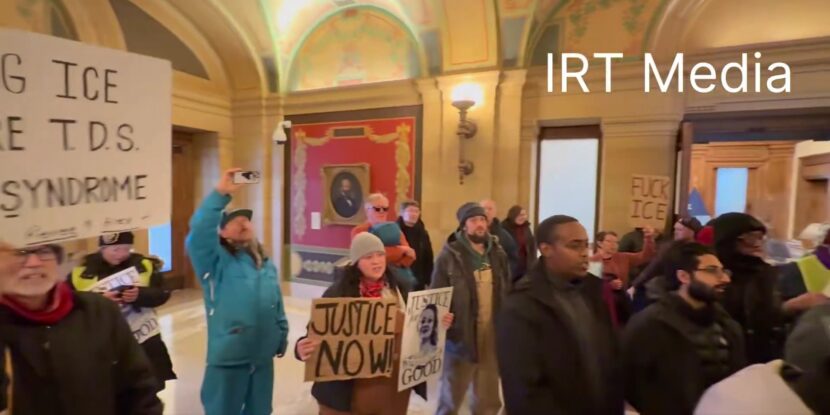PULSE POINTS:
❓What Happened: The UK Supreme Court ruled that the definition of “woman” under equalities law refers to biological sex.
👥 Who’s Involved: UK Supreme Court judges, ‘For Women Scotland,’ the Scottish government, and Lord Hodge.
📍 Where & When: UK Supreme Court, London, April 16.
💬 Key Quote: Lord Hodge stated, “The unanimous decision of this court is that the terms woman and sex in the Equality Act 2010 refer to a biological woman and biological sex.”
⚠️ Impact: The ruling could affect sex-based rights and protections across Scotland, England, and Wales, influencing services and spaces designated for women.
IN FULL:
The UK Supreme Court has unanimously determined that within the scope of equalities law, the term “woman” is defined by biological sex. This resolution finalizes a lengthy legal confrontation, which holds potential implications for how sex-based rights are enforced throughout Scotland, England, and Wales.
The decision favored the advocacy group ‘For Women Scotland,’ which contested the far left Scottish government’s position that sex-based safeguards should extend to individuals with a Gender Recognition Certificate (GRC), i.e. “trans-women.”
The crux of the legal debate was the proper interpretation of the 2010 Equality Act, a piece of legislation applied across Britain. Lord Hodge clarified that the central issue was the legislative definition of the terms “woman” and “sex.” According to the court, these terms are predicated on biological distinctions.
Campaigners were visibly emotional upon leaving the courtroom after the ruling. Outside, For Women Scotland co-founder Susan Smith expressed gratitude to the court, stating that spaces designated for women will continue to offer security based on biological definitions. Meanwhile, UK officials affirmed that this decision provides clarity for service providers such as hospitals and sports clubs, affirming that single-sex spaces are secured by existing law.
In contrast, Maggie Chapman, a Scottish Green MSP known for her advocacy for “trans rights,” described the ruling as troubling.
The legal challenge traces back to a 2018 Scottish bill aimed at gender balance on public boards, which included transgender people in quota considerations. The matter has been repeatedly contested in Scottish courts, with varying outcomes until now.
The ruling concludes that interpreting sex as “certificated” would create inconsistency in legal definitions and weaken existing protections, specifically for single-sex environments and groups. This clarification seeks to ensure coherence in legal protections and rights.




















